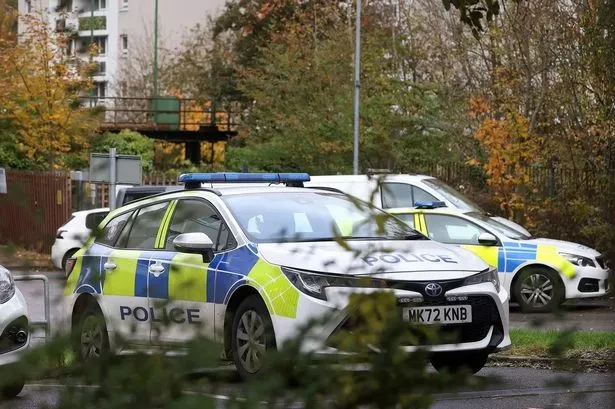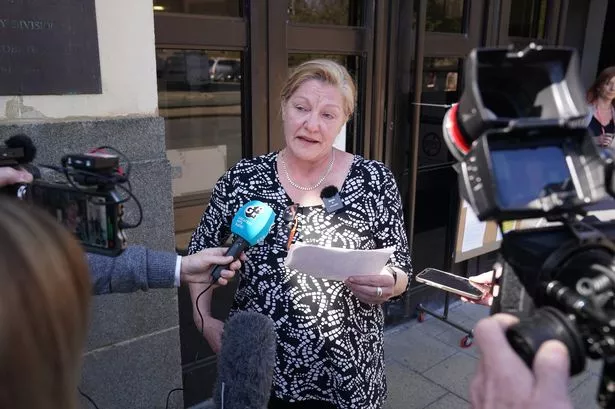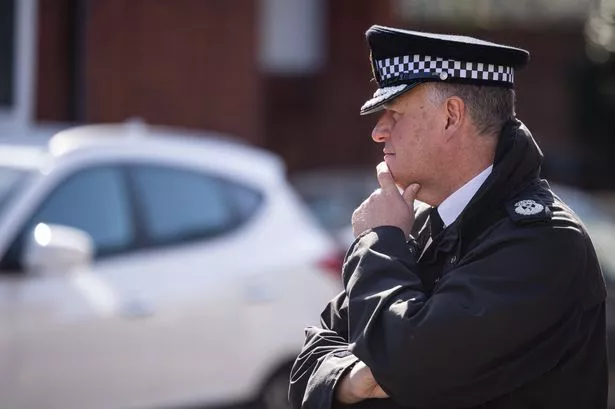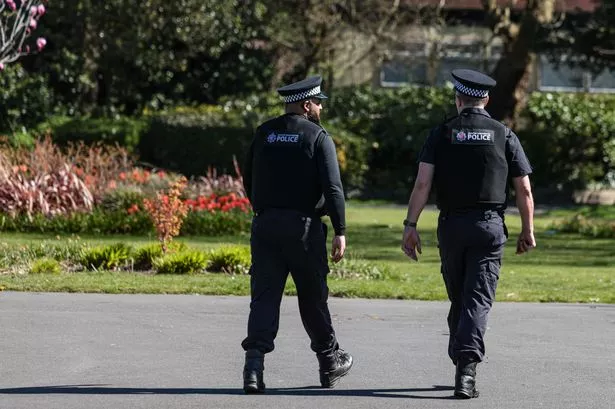Domestic Violence Cases at Manchester Magistrates' Court

On a recent morning, I found myself waiting outside courtroom five at Manchester Magistrates' Court, sitting beside a man facing allegations of domestic violence. My purpose was to cover the introduction of one of the first Domestic Abuse Protection Orders in the area, while he was there to defend himself.
The courtroom was busy, filled with a long queue of domestic violence cases. As we waited, I overheard the man on the phone, reassuring someone that he was “not in trouble.” His casual demeanor reminded me of David Liptrot, who had infamously confessed to killing Caroline Gore in a Wigan pub before singing a song and using drugs. Just weeks before, Liptrot had been in court for breaching a restraining order against Caroline, which he would later fatally violate.
This experience fueled the Manchester Evening News campaign for a mandatory minimum sentence for breaches of protective orders. My aim was to observe the application of the new Domestic Abuse Protection Orders being trialed in Bury, soon to expand across Greater Manchester.
After waiting patiently for 90 minutes, I decided to follow the man when he was called into the courtroom. I was intrigued by an earlier mention of a “restraining order.” Thoughts of Caroline's family, who lamented the ineffectiveness of such orders, weighed heavily on my mind as I took a seat at the back of the courtroom.
When the man confirmed his address as “Douglas House, Scholes, Wigan,” I was shaken. This was the same location where Caroline, 44, had been murdered by her abusive ex-partner in October 2023. The realization was chilling.
He was accused of threatening his partner with a knife, saying, “I can kill you.” Notably, she hadn’t reported the incident for fear of non-action by the police, as magistrates disclosed.

Concerns for the victim's safety eventually led to his arrest, though he was not charged. Instead, Greater Manchester Police sought a Domestic Violence Protection Order to bar him from contacting the victim for 28 days. However, the victim was not supportive of the order and provided a letter stating that her emotional state during the incident was questionable, asking the court not to issue it.
This brought to mind Caroline's own experiences, where she too had cited a drinking problem and a blurred memory of her last interactions with Liptrot, who had breached a restraining order against her.

During the hearing, it emerged that the defendant had a history of violence similar to Liptrot's. The prosecution highlighted an escalation in violent behavior, leading to the grant of the protection order.
While the allegations against this defendant fell short of Liptrot's horrific crime, parallels were undeniable. Unlike Liptrot, who admitted to killing Caroline but denied murder, this man maintained his innocence regarding the accusations against him.
This case, while perhaps not attracting major media attention, underscores the reality of domestic violence—it can occur anywhere, including the very location that has already witnessed a death.




















